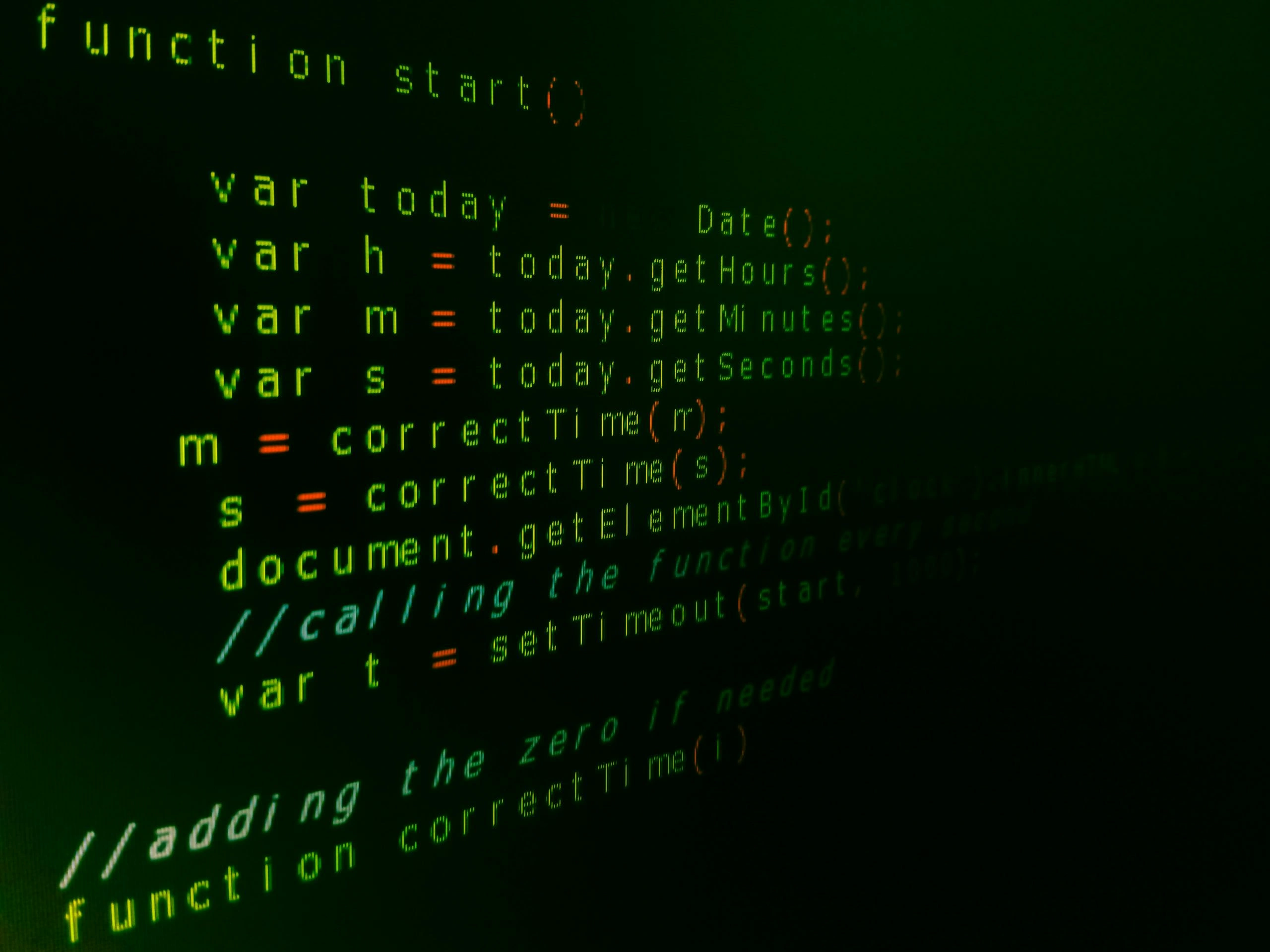Recent research led by Professor Adam Sharples has demonstrated that human skeletal muscle cells remember past exercise through epigenetic changes rather than alterations in the DNA sequence itself. These changes, such as the removal of methyl groups from certain genes, enable muscles to grow more efficiently upon retraining. The discovery implies that muscle memory is not only neural but also cellular, involving muscle satellite stem cells that contribute to growth and regeneration.
Studies show that muscle cells maintain this epigenetic memory for extended periods, enabling faster recovery after inactivity. However, muscle memory varies with age: young muscles appear to recover well from atrophy, while aged muscles show increased susceptibility to muscle loss and exaggerated molecular responses. Negative muscle memory can also manifest following illnesses like cancer, accelerating muscle aging.
Importantly, aerobic exercise in breast cancer survivors substantially reversed adverse epigenetic muscle profiles, indicating that positive muscle memories can counterbalance negative effects. This highlights the dynamic nature of muscle health and the potential for exercise to restore muscular function despite aging or disease.
👉 Pročitaj original: MIT Technology Review – AI








